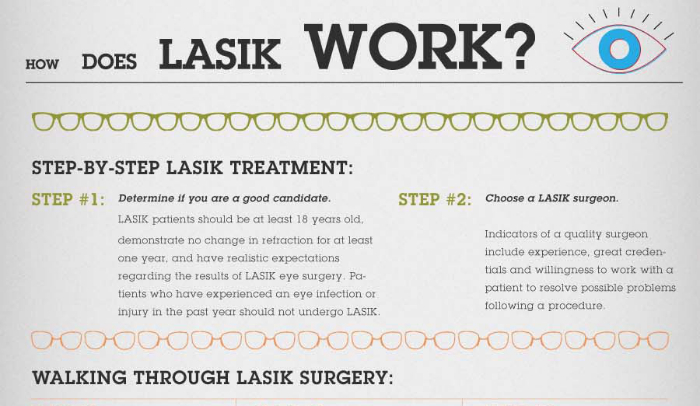Navigating Cataract Surgical Treatment: A Caregiver'S Viewpoint On Sustaining A Loved One
Navigating Cataract Surgical Treatment: A Caregiver'S Viewpoint On Sustaining A Loved One
Blog Article
Developed By-Bynum Foged
As a caregiver supporting a liked one facing cataract surgical treatment, your role is critical in guaranteeing their convenience and recuperation. From pre-surgery preparations to post-operative care, your presence and assistance can make a substantial difference in their trip. Recognizing the psychological and physical difficulties they may encounter, giving useful assistance, and being their column of support are key elements in this procedure. Keep in mind, your role goes beyond just supplying assistance; it's about being a source of strength and convenience throughout a significant stage in their life.
Recognizing Cataract Surgical Treatment Process
Exploring the steps involved in cataract surgical procedure can assist reduce any kind of anxiousness or unpredictability you may have about the treatment. Cataract surgical treatment is a typical and extremely successful treatment that includes eliminating the gloomy lens in your eye and changing it with a clear artificial lens.
Before the surgical treatment, your eye will be numbed with eye drops or a shot to ensure you do not really feel any discomfort throughout the procedure. The specialist will make a tiny laceration in your eye to access the cataract and break it up making use of ultrasound waves prior to thoroughly removing it.
Once the cataract is removed, the synthetic lens will be placed in its place. The whole surgical procedure typically takes about 15-30 mins per eye and is normally done one eye each time.
After the surgical treatment, you may experience some moderate pain or obscured vision, yet this is regular and ought to improve as your eye heals.
Preparing for Surgery Together
To ensure a smooth and worry-free experience, getting ready for cataract surgery with each other can make a considerable distinction in your loved one's trip. Beginning by going to pre-surgery consultations with them. This way, you can ask concerns, recognize the procedure, and provide emotional support.
Help them arrange their pre-operative guidelines, medicines, and transportation to and from the surgical center. Make sure their home awaits their recovery by establishing a comfy space with simple accessibility to important products.
Assist simply click the following site in arranging for post-operative treatment if required, such as help with meals or household jobs. Encourage related webpage to follow the doctor's advice relating to fasting prior to surgery and medication protocols.
Comfort them that you'll be there for them every action of the method. By proactively participating in the prep work process, you can alleviate stress and anxiety and guarantee that your liked one feels sustained and taken care of throughout this vital time.
Post-Operative Treatment Tips
After cataract surgical treatment, giving correct post-operative care is crucial for your liked one's recuperation. Ensure they use the safety guard over their eye as advised by the doctor. Help click this link carry out recommended eye declines and drugs on schedule to stop infection and aid recovery.
Motivate your enjoyed one to avoid touching or scrubing their eyes, as this can result in complications. Help them in adhering to any constraints on bending, lifting hefty items, or participating in exhausting tasks to avoid stress on the eyes. See to it they go to all follow-up consultations with the eye physician for keeping track of progression.
Keep the eye area clean and completely dry, avoiding water or soap straight in the eyes. Encourage your liked one to use sunglasses to safeguard their eyes from intense light and glow throughout the recovery process. Hold your horses and helpful as they recuperate, using support with everyday jobs as required.
Final thought
Finally, sustaining a loved one through cataract surgery entails being there every action of the means, from pre-surgery preparations to post-operative treatment. Your emotional support, functional support, and support can make a significant distinction in their recovery procedure. By staying notified, arranged, and attentive to their needs, you can assist make sure a successful outcome and offer them with the comfort and peace of mind they need during this tough time.
